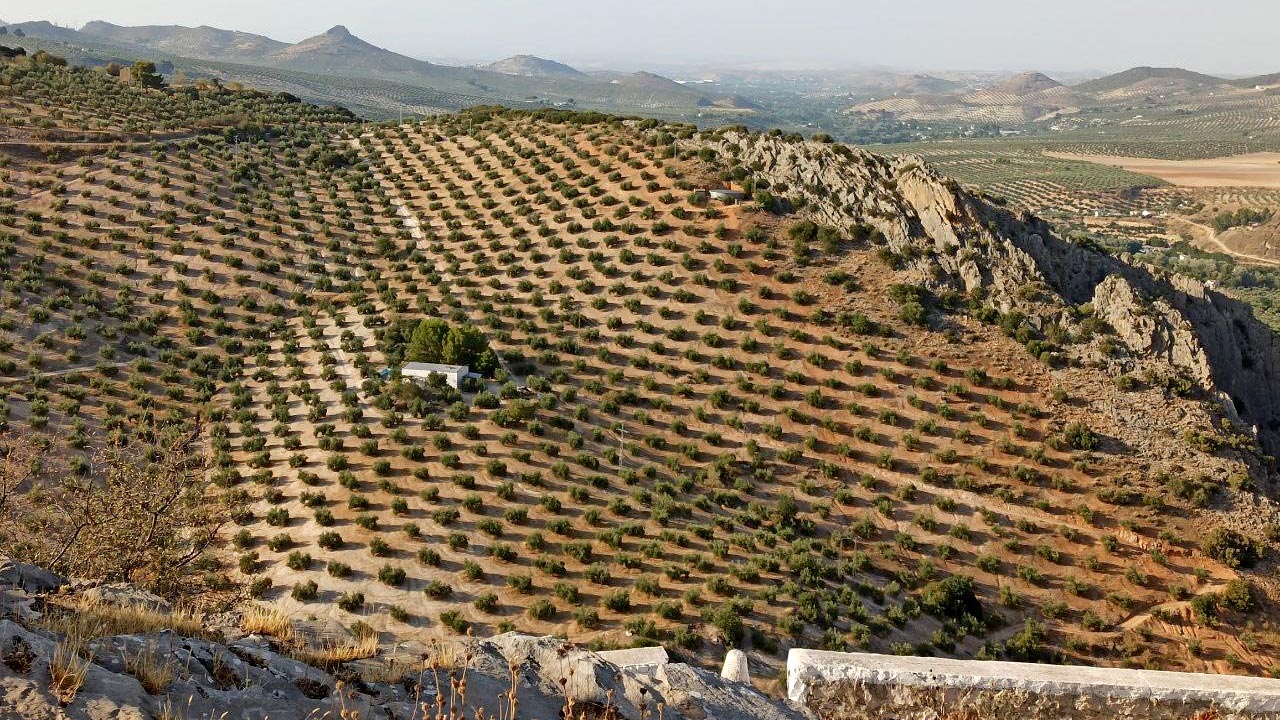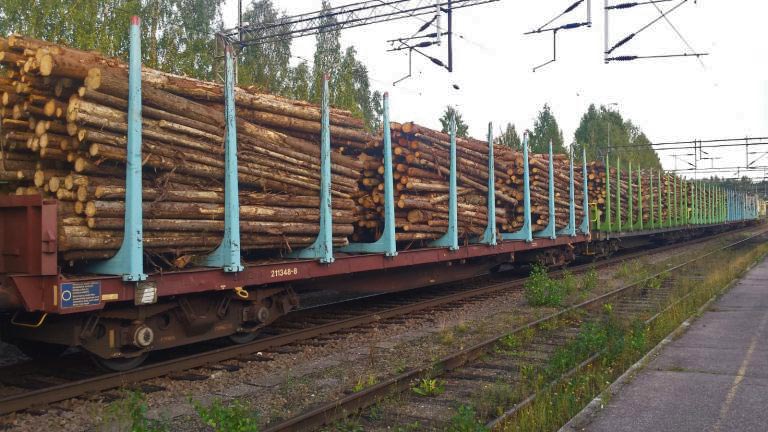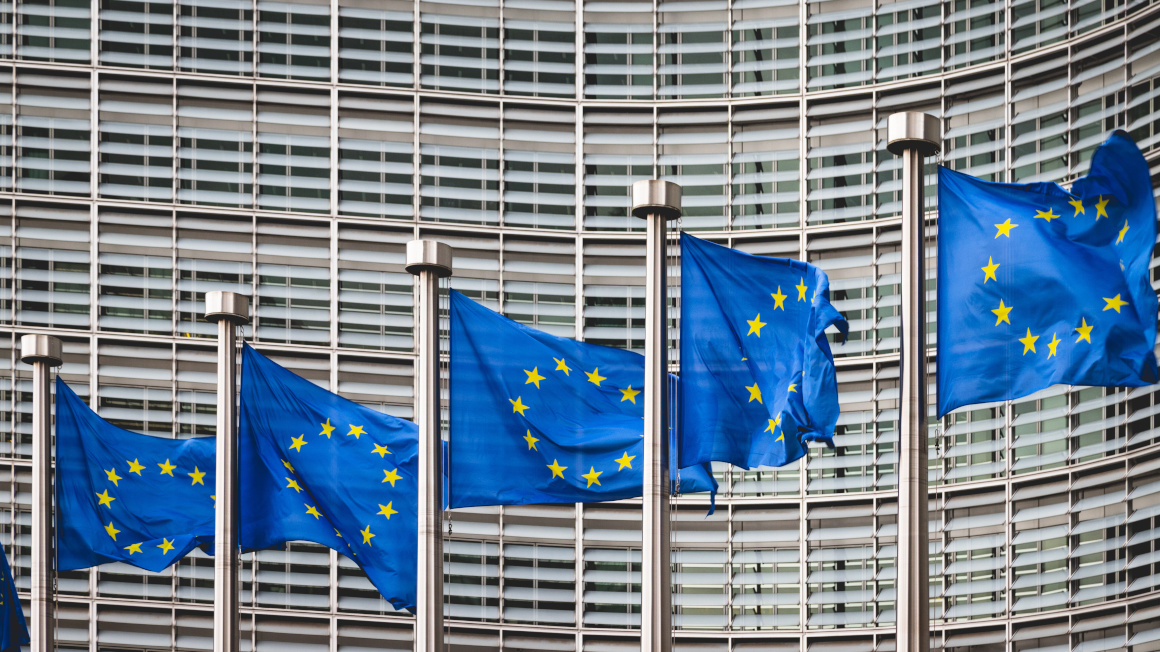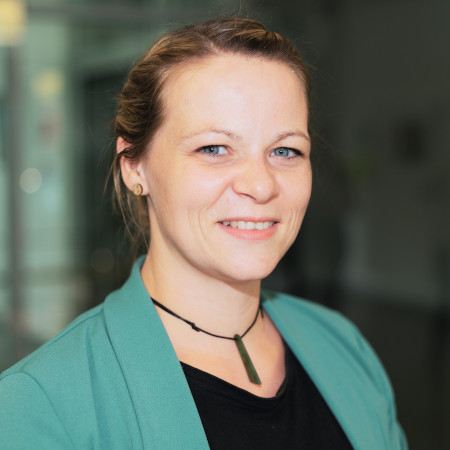
Bioeconomy and the shift toward a sustainable economy: For most people, this initially sounds like a lot of research, technology and new business models. Dennis Eversberg, on the other hand, thinks first of people and mentalities. Eversberg is a sociologist at the University of Jena and heads the research project "Mentalities in Flux - Worlds of Imagination in Modern Bio-Cycle-Based Societies". Its goal is to understand people's attitudes toward the bioeconomy and what this means for the development of the bioeconomy.
Is the bioeconomy a growth economy?
"I have previously worked on post-growth societies, and I've been concerned with the problems that are now becoming more prominent," says Eversberg, explaining his motivation for the project. He refers to the ecological unsustainability that societies operate with, as well as to social inequalities and tensions that are attached to it. "For me, it is exciting to see what is being negotiated under the term socio-ecological transformation and what conflicts arise around it," says the researcher. Parts of the population are very open-minded, he says, while others are reserved or even opposed - something that is too rarely addressed. "Also, we look at how people normally behave, the patterns of their everyday practices. How much would they actually have to adapt if there was a big change?"
This is where the conflicts start, however: even within the bioeconomy debate, it is disputed how much needs to change in everyday life. After all, is the bioeconomy actually a growth economy? "Even if you assume the bioeconomy has to play a bigger role, instead of other things like fossil fuels that have to be stopped: Does that still mean growth, or do we ultimately have to say goodbye to the logic of permanent expansion of economic activity?" asks Eversberg.
Since all these questions can be answered neither with purely quantitative nor with purely qualitative methods, the project team has opted for a combined approach and also included a comparison with historical analogies. Therefore, the project is divided into three parts.
Case studies, historical comparison and a representative survey
In the first part, the researchers create several case studies about the European bioeconomy. Rather typical is the case of the wood industry in Finland, which is the pillar of the bioeconomy there, developing and applying new technologies. In Spain, researchers look at a region dominated by olive cultivation. The expansion of cultivation there is reaching limits, but more intensive cultivation would result in water conflicts. In Estonia, the project looks at semisubsistence agriculture in the form of allotments. For many people there, gardens have a central role in providing a livelihood, especially for the Russian minority in the east of the country. The case therefore also involves ethnic and currently political tensions. Last but not least, the team is studying bioenergy villages in Germany. What do people argue about when actors propose to take their own energy supply into their own hands with local resources? What are the reservations and preconditions for success?
In another part of the project, the researchers are reviewing the literature on an analogous yet opposite historical development: the shift toward a fossil fuel economy in the 19th and 20th centuries. How did the change in mentalities proceed then? "When a mentality is tied to the use of certain resources and is replaced by new resources and new mentalities - what happens?" is what Eversberg and his team want to understand.
Both parts of the project ultimately merged into a third part: a representative survey of the German population on the bioeconomy to quantify people's views. "We want to identify different lifestyles and how they relate to each other and distinguish where conflicts are," says the project leader. The goal, he says, is to be able to make systematic, empirically based statements about the bioeconomy.
Mentalities are difficult to change
Earlier data from studies through 2018 indicate that two-thirds to three-quarters of the population agree that we should live more in harmony with nature and consume less. "But what do people mean by that?" caveats Eversberg. "It doesn't seem to be the central motivation for two-thirds of the population, or election results would look different." And that's where the keyword mentality comes in again. "Mentality is always a comprehensive pattern of attitude toward the world," the sociologist explains, not like an opinion that can be changed by a newspaper article.
In detail, Eversberg's analyses of existing surveys reveal three groups of mentalities: One third of people are convinced that the ecological-social transformation is not limited to technical solutions, but that the way they live their daily lives must also change. A quarter to a fifth of people have a "fossil mentality" and belong to what Eversberg calls the "regressive-authoritarian camp." They feel that change threatens them and their prosperity and want to go back to the 1960s to 1970s, continuing to exploit fossil fuels for ever more prosperity growth. The largest group, at 40%, is the "liberal-affluent camp": mostly well-off people who agree that we need to manage sustainably - but not in a way that changes their way of life. Here, hope rests on technical solutions. "However, there are inner tensions in this group, including people who say, 'If we have to, we will change something about our lives,'" Eversberg explains. "I'm curious about our data on this." The team is currently evaluating its own representative survey with 4,000 participants.

Bioeconomy not without sociopolitical and distributional challenges
For the sociologist, these data must be interpreted in their social context. "People's attitudes are not random. There are statistically very significant correlations between demographic characteristics and viewpoints," the expert knows. In the regressive-authoritarian camp, there are often older, educated people with outdated qualifications who have the feeling of being left behind in terms of their life experience and skills, as well as some underprivileged people. The eco-social camp, he said, is mainly people whose social position is based on education or whose work consists of supporting people. "How someone looks at and treats nature has a lot to do with how someone is used to dealing with other people from many years of life experience," Eversberg describes.
What does this mean for the bioeconomy? "People think that all you have to do is inform others well and they'll change their minds," Eversberg says. "But changing a mindset is much harder than that." The problem of change, he says, is not due to technical implementation difficulties, but rather takes place at the level of mentalities and social conditions. "For example, it makes a big difference whether someone would be socially secure if they lose their job because it's no longer environmentally sustainable," the researcher explains. "Issues of social inequality play heavily into that." Change cannot be discussed in isolation from social policy and distribution issues, he adds. "The bioeconomy is about a model of society and different ideas about it."
Discuss research results publicly
The project, which started in March 2019 and is funded by the German Federal Ministry of Education and Research with around 2.9 million euros, will run until February 2025. By the end of the project, the results from the case studies will be discussed with local people. The participants also want to prepare the central results of the entire project in a readable form for the general public. "And of course we try to get involved in social debates," says Eversberg, "we go to panel debates, write blogposts or newspaper articles." After all, as the project title suggests, it's all about mentalities in flux.
Author: Björn Lohmann


